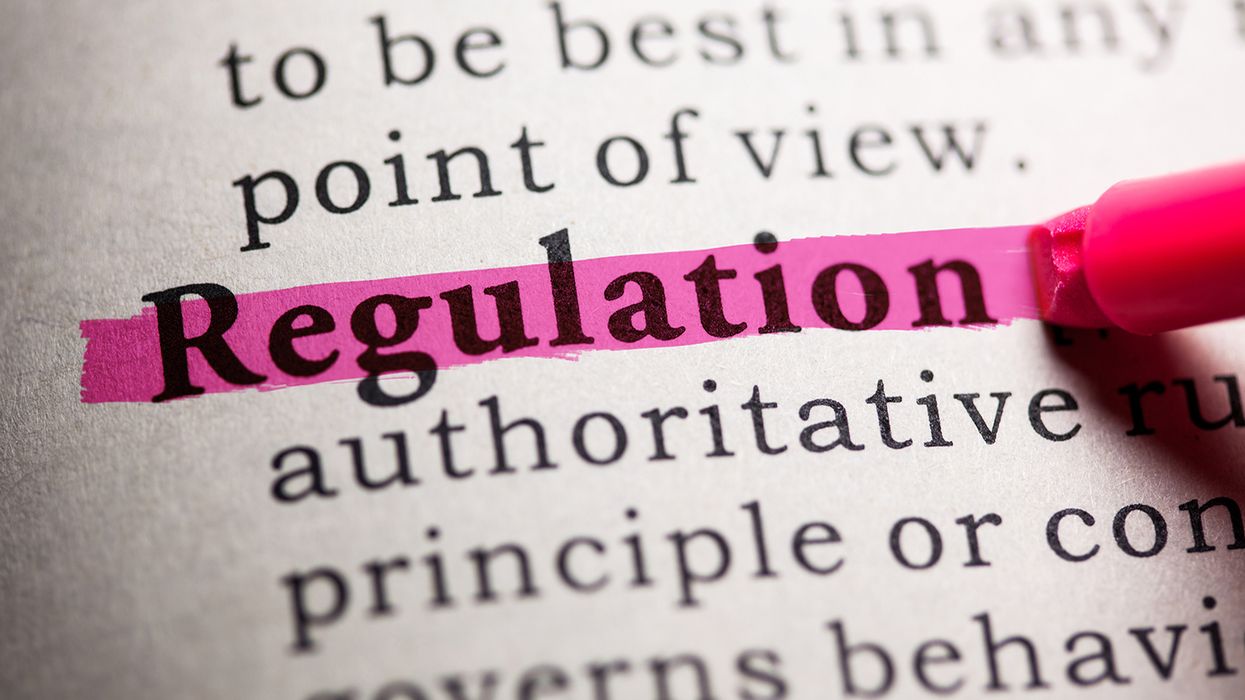FMLA 101: What employers must know about certifications
The federal Family and Medical Leave Act (FMLA) has been a challenge for employers for decades. Employers aren’t the only ones who have juggled tasks under the law, which was enacted in 1993. Employees also have some work on their part before they take FMLA leave.
When employees request leave under the FMLA, employers may ask that employees have what’s called a certification (often referred to as “paperwork”) completed. Employers often give employees a certification form along with the required eligibility/rights and responsibilities notice.
Health care providers are usually the ones who complete certifications, but other entities, such as the military, might do so depending on the leave reason. The information in the form should support employees’ need for leave and give employers what they need to determine if the reason for leave qualifies for FMLA protection.
When
After employees receive a certification request, they have at least 15 calendar days to get it completed and returned to the employer. If, however, employees can’t meet that 15-day deadline despite their good-faith efforts, employers must be flexible.
If employees don’t meet the 15-day deadline without a good reason, employers may delay FMLA protections after the 15-day deadline has passed and until employees give them a certification.
Who
Not everyone may complete an FMLA certification. For medical leave, only certain health care providers can complete a certification. These include:
- Doctors of Medicine or osteopathy,
- Podiatrists,
- Dentists,
- Clinical psychologists,
- Optometrists,
- Chiropractors,
- Nurse practitioners,
- Nurse-midwives,
- Clinical social workers,
- Physician assistants, and
- Christian Science Practitioners.
Importantly, any health care provider from whom employers or their group health plan’s benefits manager will accept certification of the existence of a serious health condition to substantiate a claim for benefits will also suffice.
What (information)
The information in the certification should include whether the employee or family member has an FMLA serious health condition. The second page has a checklist that health care providers can use to indicate this.
Employers may not require that a certification include a diagnosis. Doctors might include related medical information, but only if they see fit to do so.
A certification should also tell the employer when to expect the employee to take leave.
Keep it confidential
Certifications often include quite a bit of medical information. Under the FMLA, employers must keep such information confidential and separate from the general personnel file(s).
Employers may share medical information in only three exceptions:
- They may tell supervisors and managers about necessary work restrictions and necessary accommodations.
- They may tell first aid and safety personnel (when appropriate) if the employee's physical or medical condition might require emergency treatment.
- They must give government officials investigating compliance with FMLA (or other pertinent law) relevant information upon request.
Key to remember: Certifications are often at the heart of FMLA leave administration as they contain relevant information employers need to determine if an absence qualifies for FMLA protections.




















































